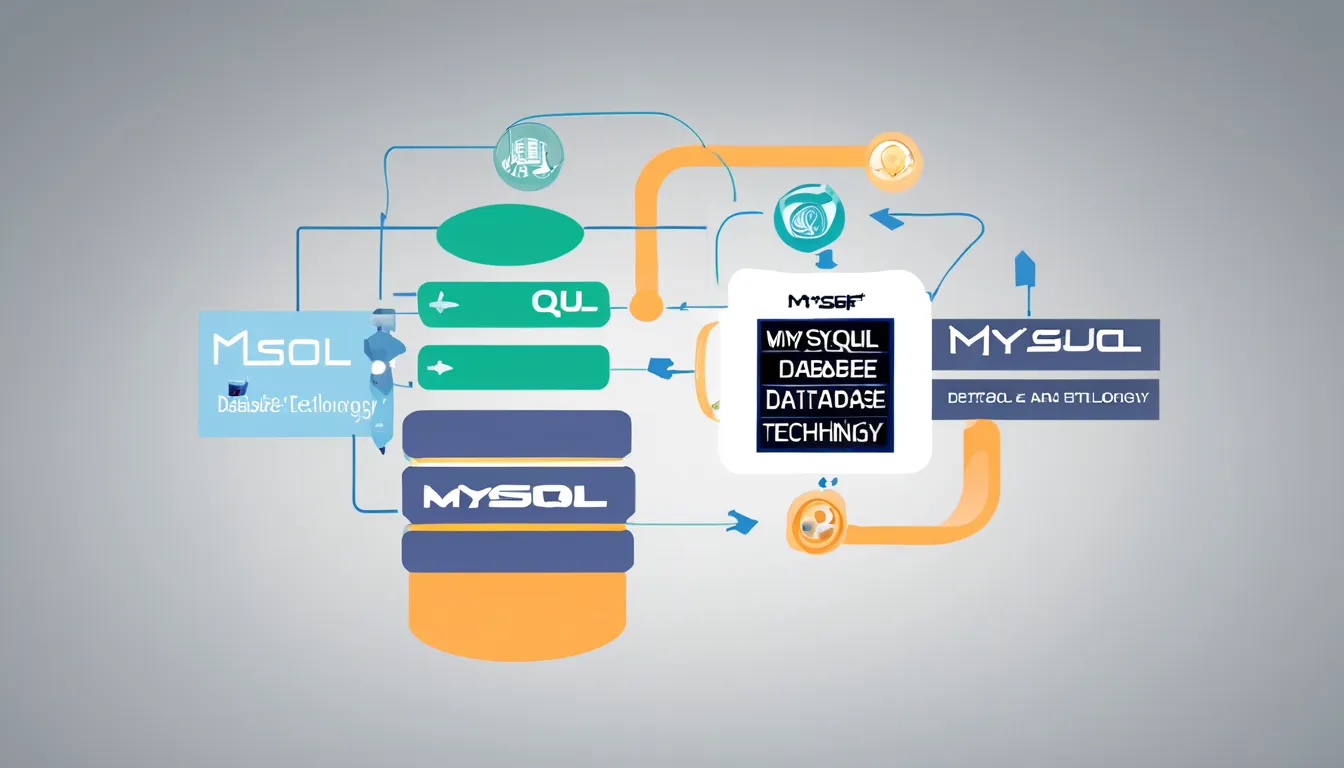Blockchain technology has garnered much attention in recent years for its potential to revolutionize various industries, and one area that could greatly benefit from its implementation is the field of voting. Blockchain voting technology has the potential to improve transparency, security, and accessibility in democratic processes. By utilizing a decentralized and tamper-proof system, blockchain can provide a secure and verifiable way for citizens to cast their votes.
One of the key advantages of blockchain voting technology is its ability to enhance trust in the electoral process. The transparency and immutability of the blockchain ledger ensure that votes cannot be altered or tampered with, leading to increased confidence in the accuracy of election results. Additionally, blockchain voting can increase accessibility for voters, particularly those who may have difficulty physically getting to a polling station or have concerns about the security of traditional voting methods.
While there are still challenges to overcome, such as ensuring privacy and preventing manipulation, the future of democracy could be fundamentally transformed by blockchain voting technology. As more governments and organizations begin to explore the possibilities of blockchain in the voting process, we may see a shift towards a more secure, transparent, and inclusive democratic system. The potential benefits of blockchain in voting technology are promising, and it is worth exploring how this innovative technology can shape the future of democracy.

 The Power and Potential of MySQL Database Technology
The Power and Potential of MySQL Database Technology